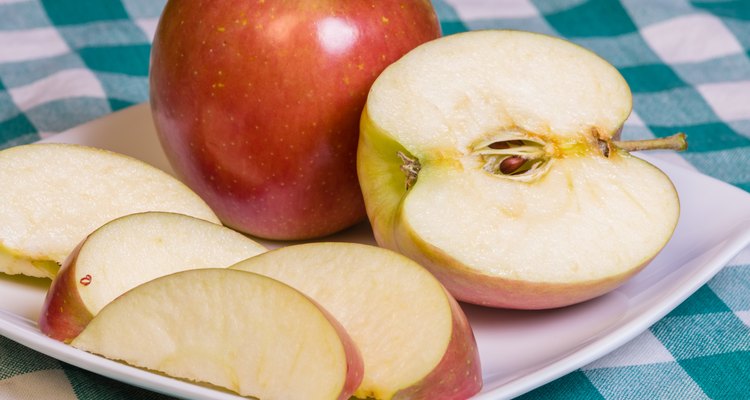
jatrax/iStock/Getty Images
If you're lucky enough to have a prolific apple tree or access to farm-fresh apples, you may run into the problem of too many apples and too little time to eat them. Fortunately, there are a variety of storage methods for fresh apples, and they don't necessarily require any special equipment. Pick the method that works for you and get ready to enjoy your apples long after the season has ended.
Sort the Apples
The old saying, "One bad apple spoils the bunch" rings true when it comes to preserving apples. Once bruised or cut, apples begin giving off ethylene gas, which speeds ripening and can quickly turn your apples brown. As soon as possible, sort your batch of apples; set aside for immediate consumption those that are not firm or have any bruising or flaws such as cuts in the flesh. Whole, unblemished apples can be successfully stored for later consumption without losing any flavor. Wash and allow the apples to dry thoroughly before storing.
Refrigerate the Apples
Apples stay fresh longer when kept in a cold, humid environment. Store your apples in the crisper drawer of your refrigerator with a damp paper towel and set your refrigerator temperature between 30 and 35 degrees Fahrenheit. Do not cover or wrap up the apples; allow them to "breathe" and retain their natural moisture. If you do not have sufficient crisper drawer space, place the apples in a large paper or plastic bag and punch a few holes in the bag.
Store the Apples
If you wish to store whole apples outside the fridge, you'll need a cool place such as a cellar or shed, and sheets of newspaper with non-colored ink to prevent apple-to-apple contact, which can cause browning. Wrap each apple in a sheet of newspaper and place it in a storage container or box. Air will not harm the apples, but each should be wrapped tightly enough to prevent it from falling out and making contact with other apples. Most apples will keep for up to four months, provided the skin is not broken and they are kept cool.
Freeze the Apples
Freezing temperatures can turn whole apples mushy when thawed. However, the University of Minnesota Extension notes that freezing whole, unpeeled apples is possible if you wish to use them in any recipe that calls for cooked apples such as pie or applesauce. Core the apples prior to freezing, and store in a freezer-safe plastic bag.
Related Articles

How to Freeze Apples With Lemon Juice

How to Store Apples

How to Keep Pineapple From Browning

How to Freeze Peaches With a Vacuum ...
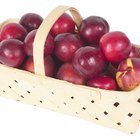
How to Freeze Whole Peaches & Plums
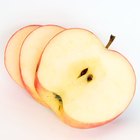
How Long Can You Keep Apples From ...
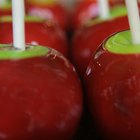
How to Ship Candy Apples

How to Make Old Fashioned Apple Jelly

How Long Does Banana Bread Stay Fresh?
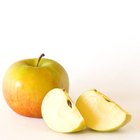
How to Rehydrate Dried Apple Slices

How to Stud an Apple
How Long Is it Safe to Keep Frozen ...
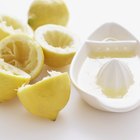
Why Does Lemon Juice Stop Apples From ...
How to Keep Granny Smith Apples From ...

How to Freeze a Prickly Pear Cactus

How Fast Does it Take for Apples to Rot?

How to Blanch, Peel, & Freeze Whole ...
How Long Can You Freeze Fresh ...

Can You Store Potatoes in the ...
How to Freeze a Fruitcake
References
Resources
Writer Bio
Kate Bradley began writing professionally in 2007. She holds a Bachelor of Arts in international studies and a minor in German from Berry College in Rome, Ga; TEFL/TESOL certification from ITC International in Prague; and a Master of Arts in integrated global communication from Kennesaw State University in Kennesaw, Ga.
Photo Credits
jatrax/iStock/Getty Images